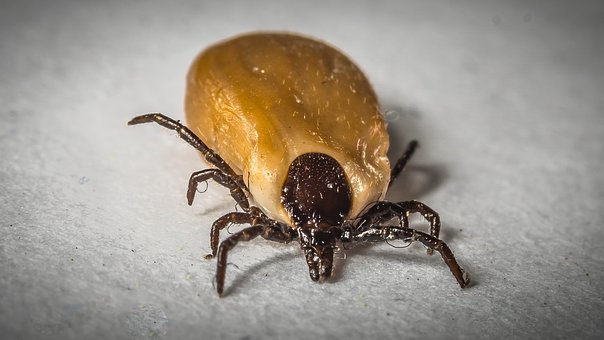Tick-Borne Diseases Effecting Equines:
Tick-borne diseases are becoming more common and unfortunately there are nearly 900 species of ticks. There are three (known) tick-borne diseases that effect equines.

Anaplasmosis:
(also called ehrlichiosis, tick-borne fever, and pasture fever) is caused by anaplasma phagocytophilum,. This disease effects horses, cattle, dogs, humans, and other mammals.
Anaplasmosis is the tick-transmitted disease that most commonly causes illness in horses. These bacteria live inside certain blood cells (granulocytes).
In horses clinical signs usually appear 10-45 days after infection. Fever is typically accompanied by limb swelling and the appearance of small hemorrhages on the mucous membranes of the nose, mouth, eyes, or vulva.



